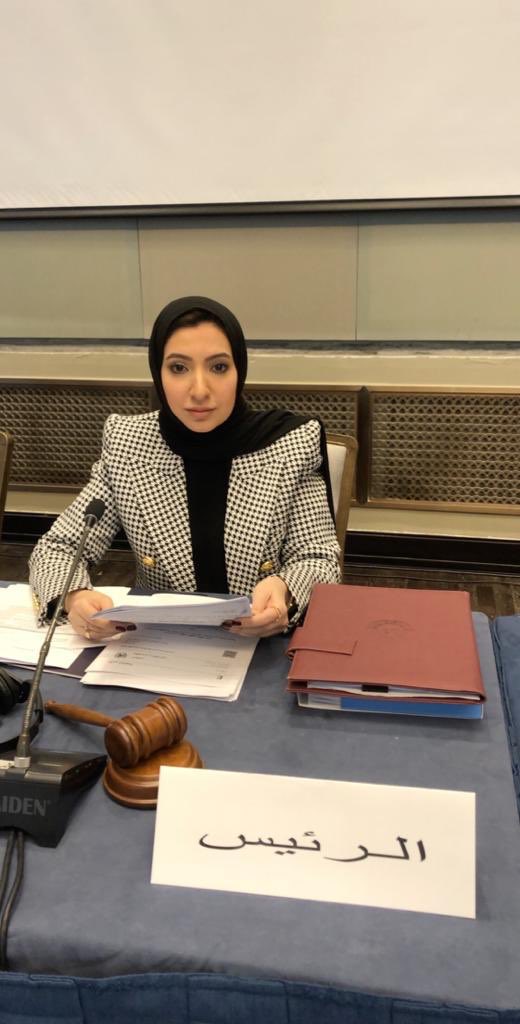Qatar Assumes Chairmanship of the 9th Session of ESCWA Committee on Women

Amman - Information Office - November 28
Qatar participated in the 9th session of the Committee on Women of the United Nations Economic and Social Commission for Western Asia (ESCWA), which was held in Amman, Jordan with a delegation representing the Ministries of Foreign Affairs and the Administrative Development, Labour and Social Affairs.
The State of Qatar, represented by Head of Human Rights Treaties Department at the Ministry of Foreign Affairs Hanadi Al Shafei, assumed the presidency of the 9th session of ESCWA's Committee on Women for a two-year term 2020-2021.
Al Shafei stressed during the meeting the important role played by the ESCWA, and reiterated the State of Qatar's full cooperation with it.
She also stressed the importance of building strong and effective institutions to protect women and provide equity and rights as a fundamental pillar for achieving gender justice as there is much to be done to fill the gaps on legislative, institutional and programs and policies levels.
The Head of Human Rights Treaties Department at the Ministry of Foreign Affairs explained that this session is a valuable opportunity to exchange experiences and best practices among countries, which enhances the growing understanding in order to address with criticism and analysis the developments made by States in the field of the empowerment of women and the promotion of their rights.
Furthermore, Al Shafei reviewed the actions taken by the Arab States to implement the recommendations of the Committee on Women during its 8th session and the progress made in the work of the activities of the Center for women since the 8th session of the Committee and the 2018-2019 work program in the field of the advancement of women and ESCWA efforts to promote gender equality and support Members States to fulfill their national and international obligations.
The Committee also discussed a number of working papers on topics such as: the serious challenges facing women in a region where many countries are experiencing wars, conflicts, occupation threats and various forms of direct and indirect losses, in addition to working papers on empowering national institutions concerned with women's affairs and providing them with the required resources and plan of action, to achieve gender equality and empower women in national institutions as well as in private sector.
At the end of its session, the Committee adopted a number of recommendations addressed to ESCWA, and others addressed to Member States for their implementation during the next two years.

